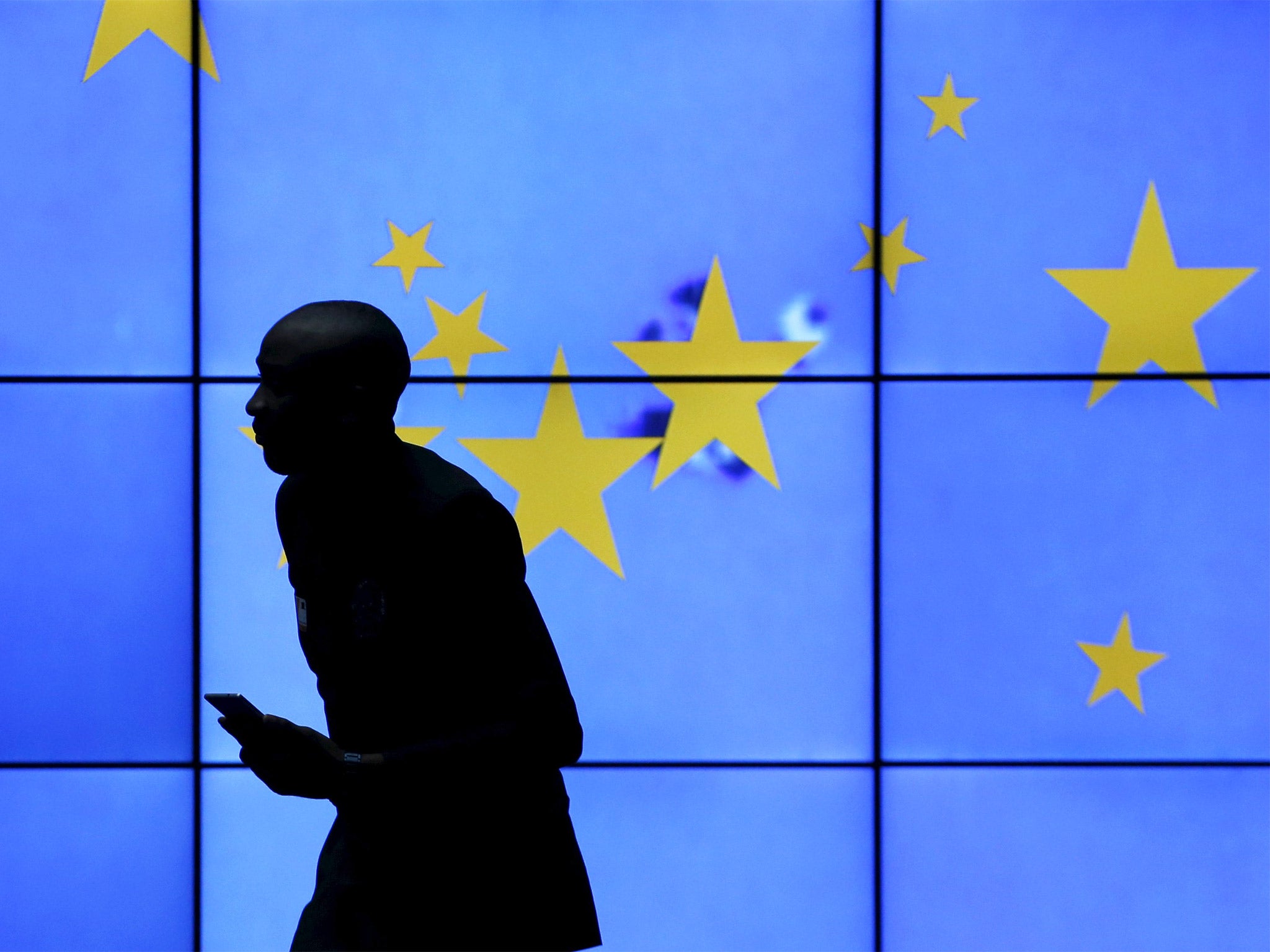EU draft deal: Whatever the merits of David Cameron's settlement, the merits of membership are beyond dispute
What Britain really needs from Europe, and what Europe itself needs, is a thoroughgoing programme of reform

David Cameron describes the footling concessions he has extracted from the European Union, after months of tedious negotiation and years of grandstanding, as “substantial”. Such chutzpah in a Prime Minister is admirable in some ways, but he has left himself looking fairly foolish as we stagger towards a June referendum.
Where once the threat of British exit was supposed to strike such fear into our European allies that they would be willing to restore great swaths of British sovereignty, what Mr Cameron has actually brought back over the Channel amounts to some modest adjustments to qualified majority voting, tax credits and a miscellany of minor measures on terror suspects and the City of London. Historic, it ain’t.
So, no, it wasn’t worth it. It was not worth putting so many jobs at risk for the sake of appeasing the Eurosceptics in the Conservative Party, who are mostly unappeasable in any case. Mr Cameron found himself in a tight corner a few years ago with the apparently irresistible rise of Nigel Farage and Ukip and he lost his nerve. The last general election shows that Mr Cameron need not have panicked into making the very dangerous promise of an In/Out European referendum.
The collapse in confidence in the euro means that the perceived single biggest danger emanating from Europe – the ambition to take the UK into the eurozone – has receded into fantasy. There is, in reality, little appetite and little prospect of “ever-closer union” among the 28 member states, and expansion towards the Balkans has been placed on hold indefinitely.
And yet we still have the prospect of this vote in the summer that, in the unpredictable way of public opinion, could easily sever our relationship with our European partners.
All it needs is a few more scare stories about migration – readily available from sections of the press – and the current majority to stay in could switch back. Thus would the entire pattern of British foreign policy since the Second World War be reversed. And for such pitiful gains, all of which could probably have been secured, sooner or later, through the usual processes of diplomacy and horse-trading that are second nature to the officials in Brussels.
In that context, it is a shame that the Prime Minister didn’t manage to prevail on his counterparts to give him some more impressive gains. Were he able to brandish some real new powers for the British Government and Parliament, he might have persuaded some people who are mildly Eurosceptic – in truth a sizeable section of the population – that we really did have a “substantially” better deal, and that might persuade them to vote to stay in, albeit grudgingly. Yet with such paltry gains, and coming as they did after such hyped-up expectations, few will be persuaded to change their minds.
What Britain really needs from Europe, and what Europe itself needs, is a thoroughgoing programme of reform, comparable to the 1992 single market project, to improve competitiveness, restore economic growth and boost jobs. Liberalisation of labour markets, deregulation of industries, and a more social market-oriented Europe, perhaps melding the best of the British and the German models of economic management, would dissolve many of the tensions between and within Europe’s nations.
Mr Cameron did secure some words on that, as did Tony Blair almost two decades ago. Then it was called the Lisbon Agenda, and it made little progress. But at least it was worth waiting for and worth fighting for. Mr Cameron’s settlement most certainly is not.
Join our commenting forum
Join thought-provoking conversations, follow other Independent readers and see their replies
Comments
Bookmark popover
Removed from bookmarks